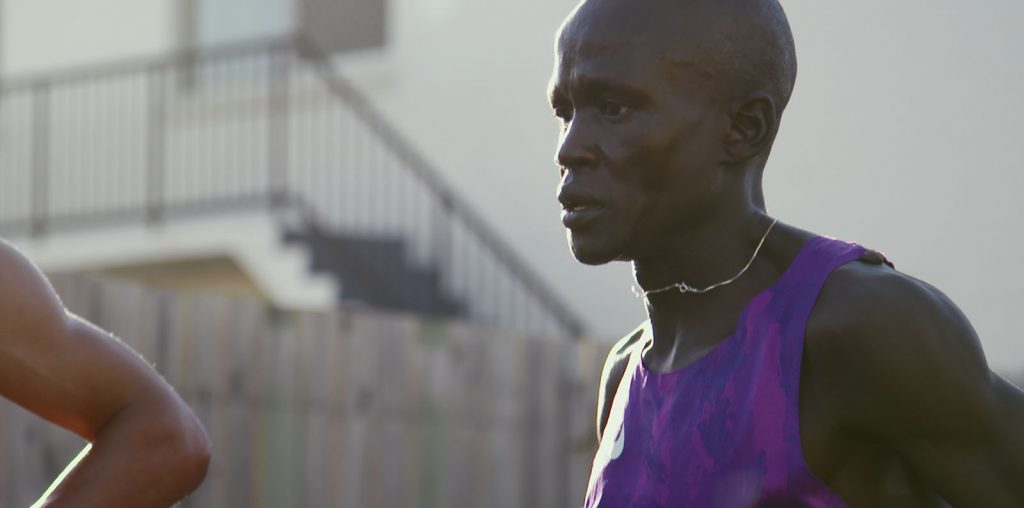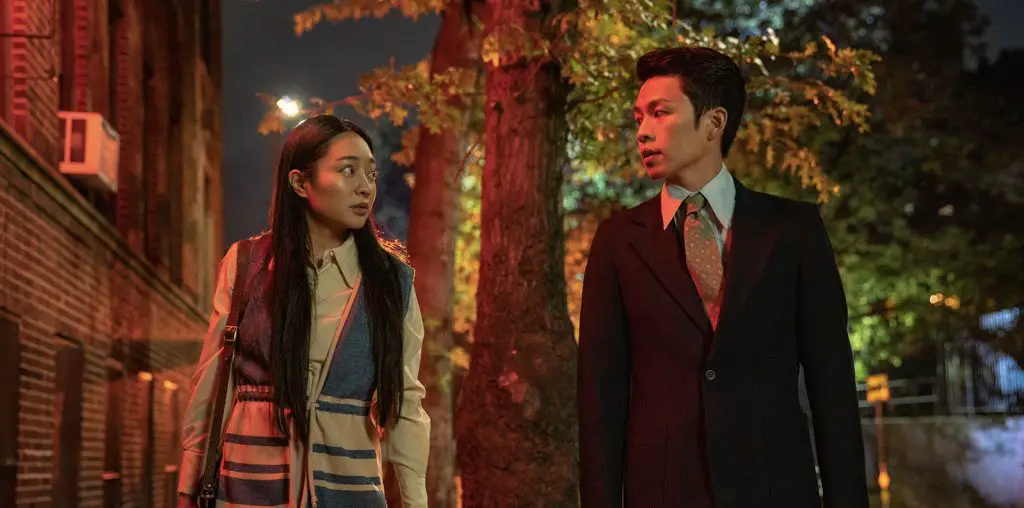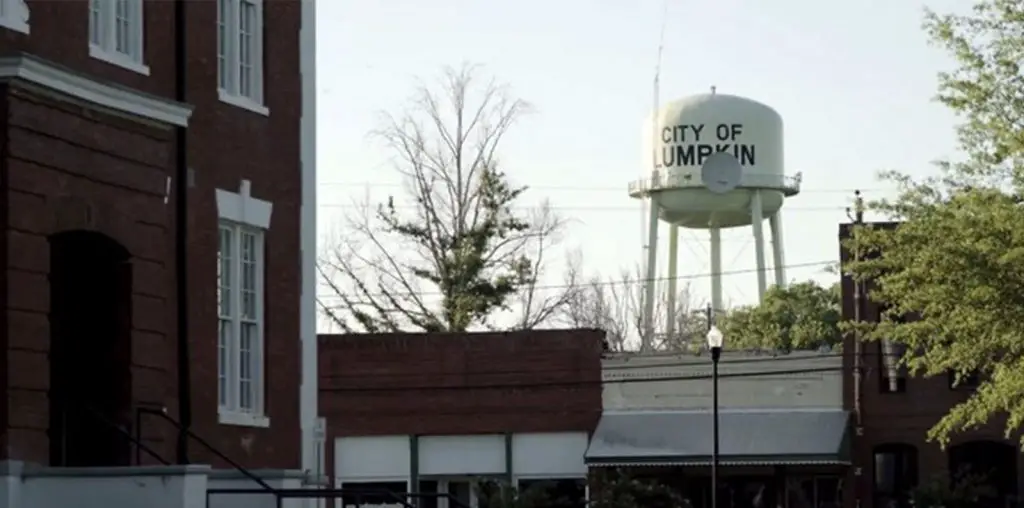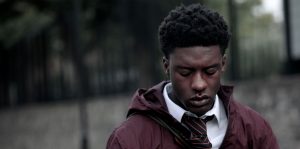
Shola Amoo’s The Last Tree takes on a first-person account of what life is like for an immigrant living in a new country and the internal struggle to find one’s identity. As a child of an immigrant myself, finding one’s identity is just as different for each individual as it is the same.
The Last Tree is the semi-autobiographical story of Femi. When the film opens, young Femi (Tai Golding) is a British boy of Nigerian heritage living in a foster home with Mary (Denise Black). For the most part, he is loved by Mary, has many white friends, and thrives at school. One afternoon, Femi is told his birth mother is coming to visit, and in the ultimate act of foreshadowing, Femi begs Mary not to let her take him away. Of course, that’s precisely what happens.
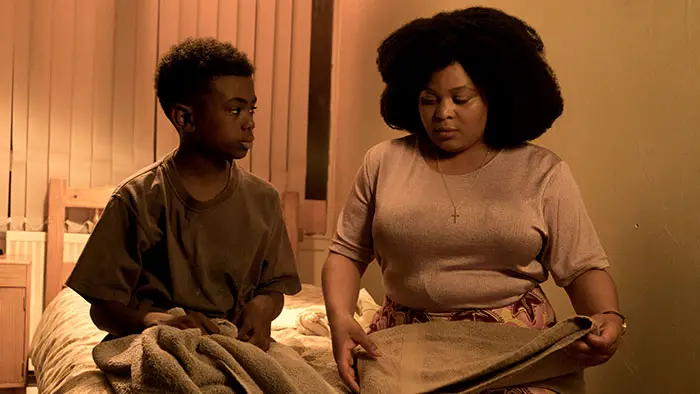
“…Femi begs Mary not to let her take him away. Of course, that’s precisely what happens.”
Femi’s life is then uprooted to inner-city London, where he will now with his mother, Yinka (Gbemisola Ikumelo). Yinka is a harsh disciplinarian, resorting to beatings when chores aren’t done or when Femi’s grades inevitably suffer. Femi’s school is representative of the inner-city schools of the 80s: teachers fight to maintain control of the class, fellow students (mostly from immigrant families) bully Femi, and he is forced to go down questionable paths to survive.
The film picks up with Femi in his teens (now played by Sam Adewunmi), and the years have worn on him. Femi’s becomes more despondent, ignores his mother (like a teen), hides as his friends bully Tope (Ruthxjiah Bellenea), and on one fateful night, ingratiates himself to, for the lack of a better phrase, a gang leader.
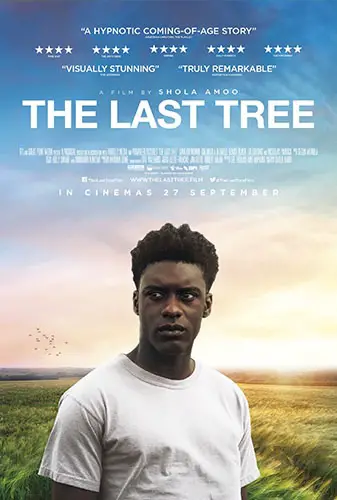
"…choices are forced to be made between two conflicting cultures and backgrounds."
